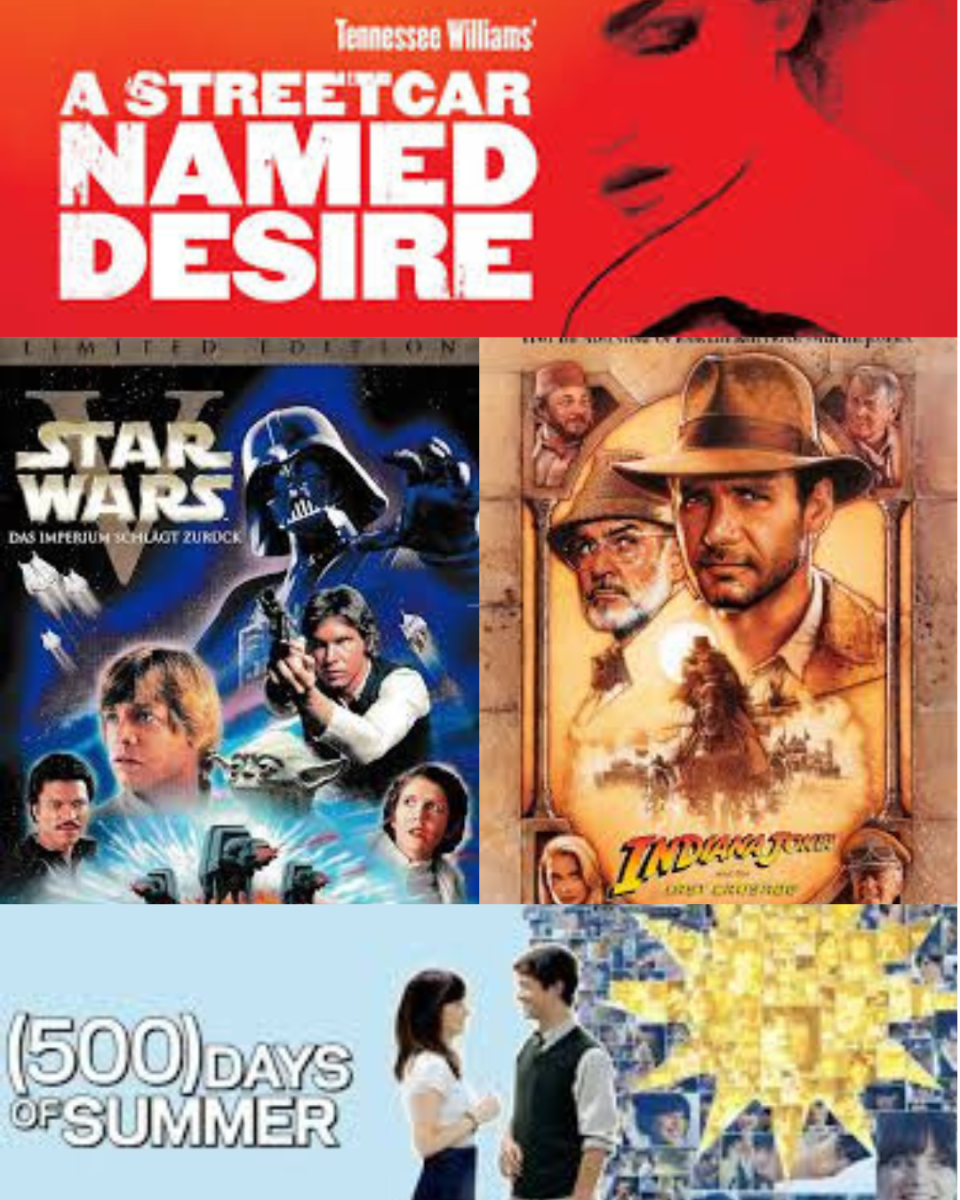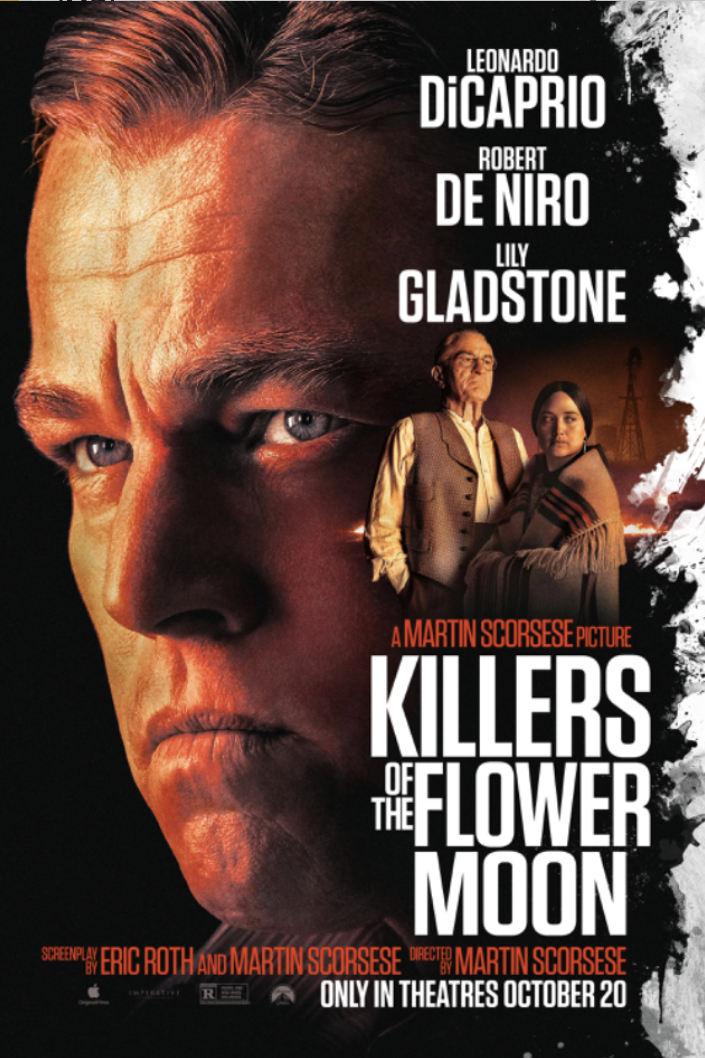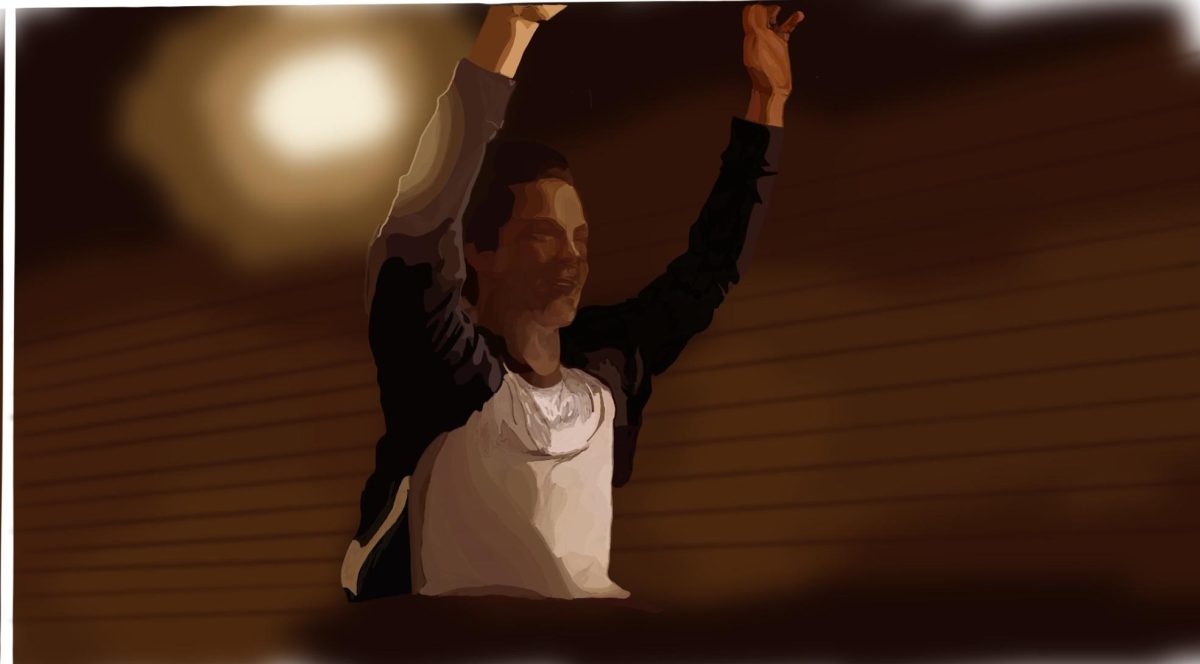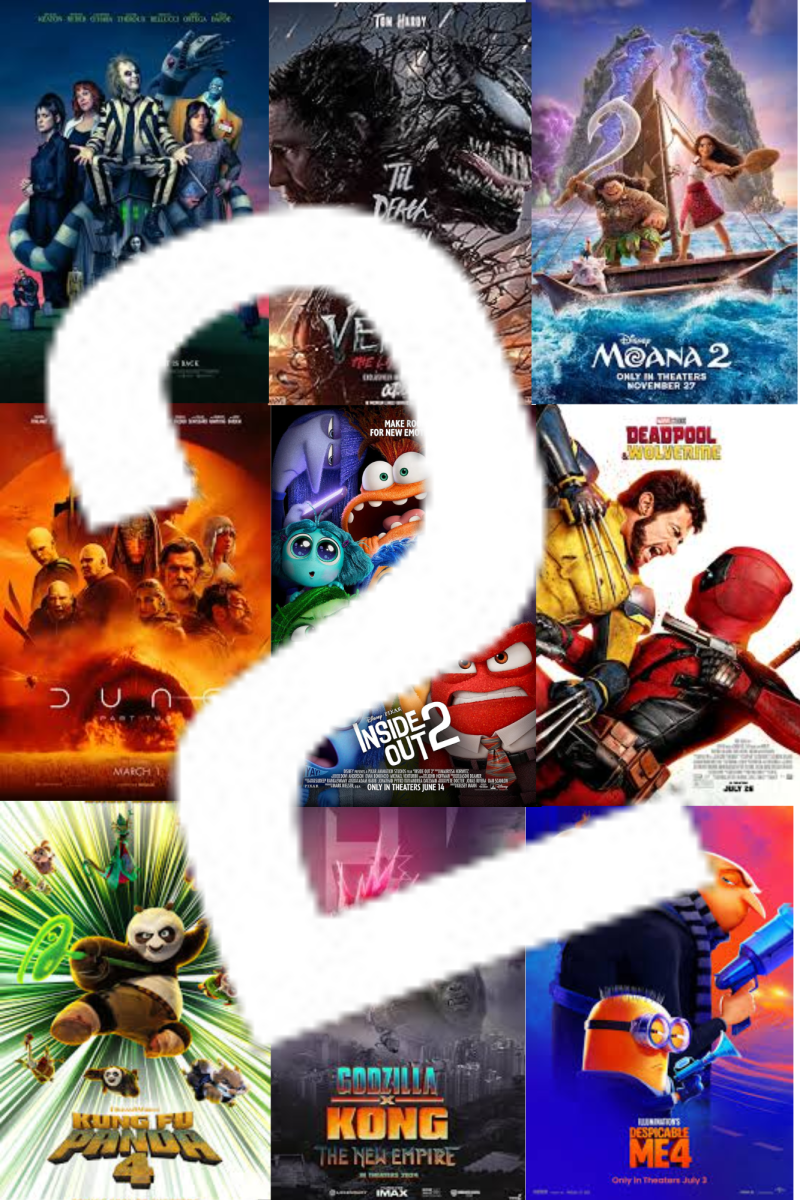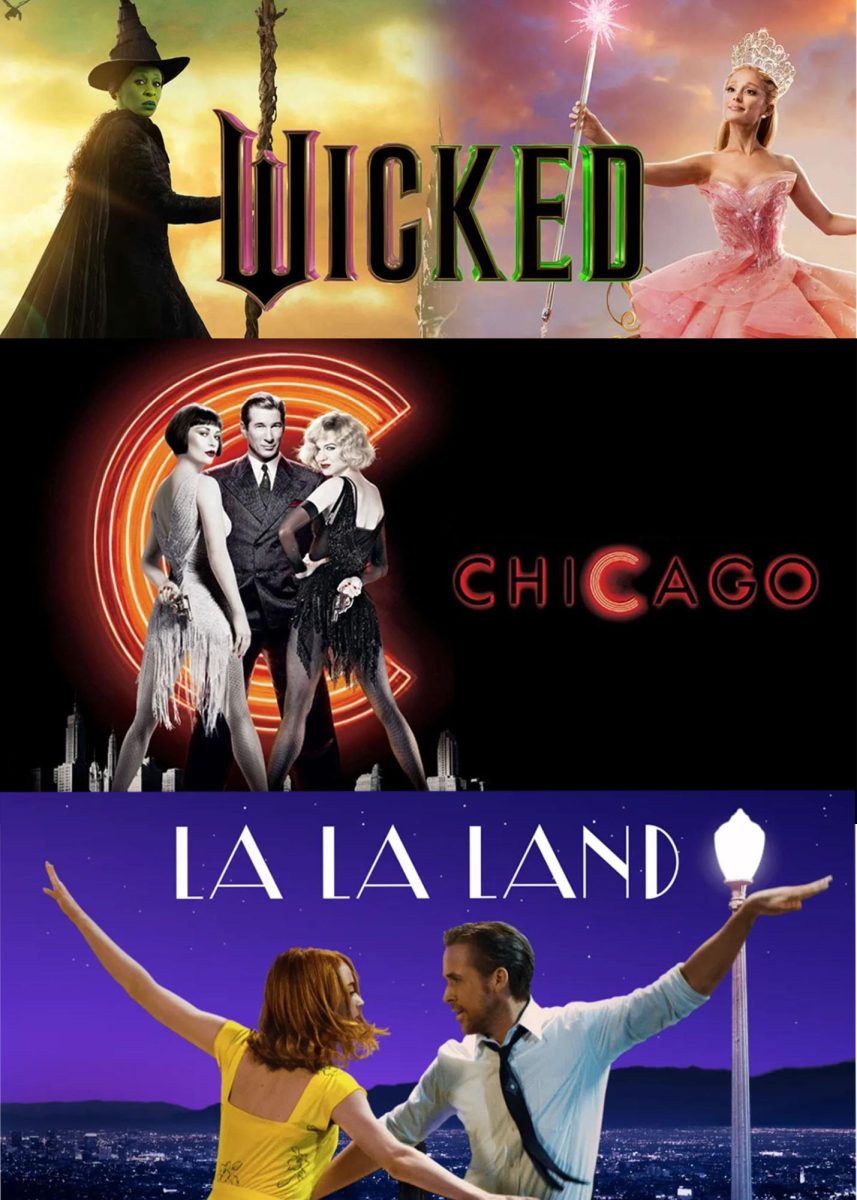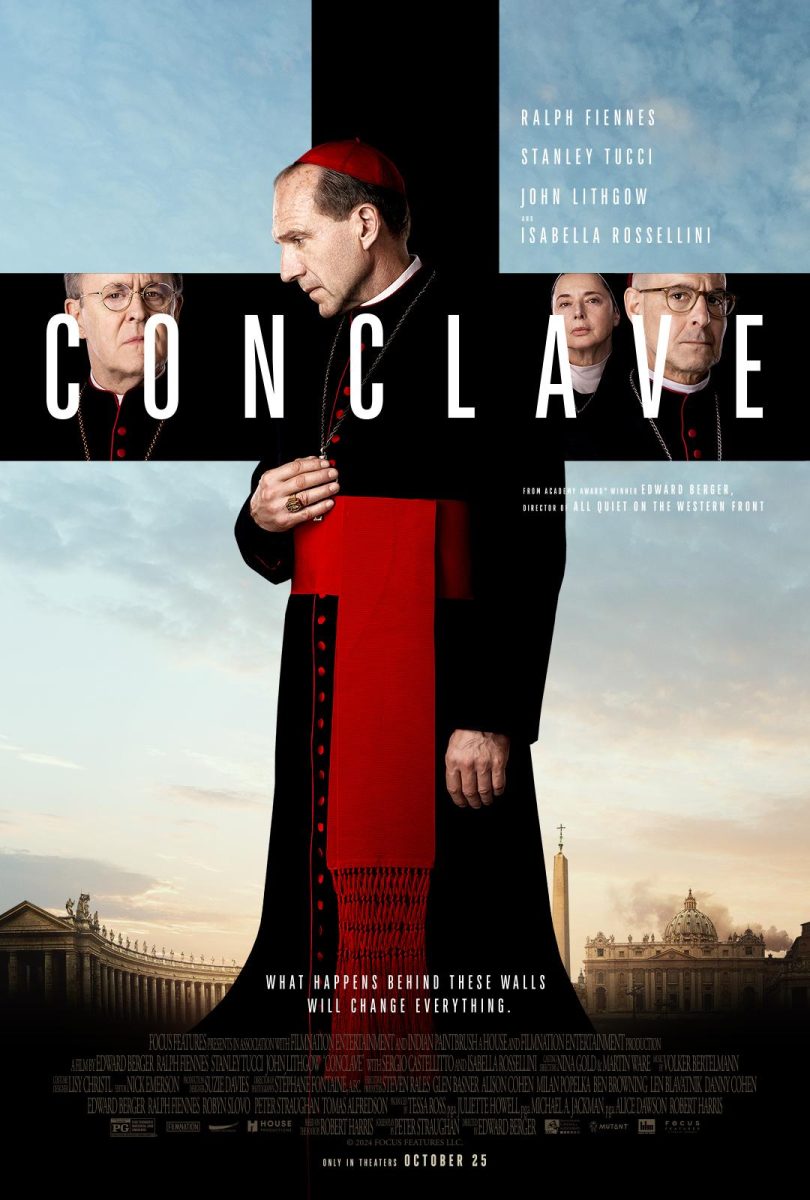In Hollywood’s golden age, a notable director’s name alone could greenlight a film. Today, a generational director will struggle to get their movie off the ground. If you’ve ever scrolled through a streaming service and felt that all you see are generic sequels or formulaic family comedies—you aren’t imagining it. While major studios once took risks on ambitious filmmakers with original, groundbreaking ideas, they now prefer guaranteed box-office successes, usually in the form of franchises, IPs, sequels or reboots. When studios favor these films, it has a domino effect on the acclaimed director, as they are gradually pushed out of the industry in favor of the filmmaker who will deliver commercially safe projects.
The trend of studios becoming more risk-averse has been building for decades, but it grew dramatically around the early 2010s. The decade was dominated by franchises, and the immense success of franchises like Marvel, DC and Star Wars showed studios that capitalizing on familiar IPs was money waiting to be made. Studios took a step further in the 2020s, making numerous live-action adaptations of successful stories. In an industry obsessed with pre-existing IPs, directors are struggling to find funding for their original ideas.
Take Martin Scorsese, arguably the greatest living filmmaker, and his past two films: “Killers of the Flower Moon” and “The Irishman.” Both films were expensive epics, and studios were unwilling to take a risk with the living legend. Scorsese was only able to get them made because streaming services, Netflix and Apple TV decided to finance the projects. On the other hand, Steven Spielberg, one of the most iconic directors in film history, did manage to secure funding for his most recent film, “The Fablemans,” a very personal and original story, because of his name and status. But its disappointing box office performance only reinforced Hollywood’s fear that unique films don’t sell.
As previously mentioned, streaming services have provided a lifeline for some directors. However, this solution is not perfect, as films released on streaming tend to have a far smaller impact than traditional theatrical releases. Additionally, over time these films are buried under the constant influx of new films arriving at services, further softening any cultural impact.
When acclaimed directors do secure a budget, it’s often because they agree to work on a franchise film. After making successes like “Arrival” and “Blade Runner 2049,” Denis Villeneuve could only get studio backing for a big-budget film by adapting “Dune,” a famous IP. Christopher Nolan, one of the very few directors who can still demand a large budget, had to leave his longtime partners at Warner Bros. for Universal after the studio refused to finance his epic biopic, “Oppenheimer.”
Why does this matter? Take the late David Lynch: the storied filmmaker’s last project was “Twin Peaks: The Return” in 2017, and in his final years, he had been eager to return to the screen with an animated film called “Snootworld.” Despite his legendary status and the project’s unique and creative potential, Lynch struggled to find support in an industry increasingly reluctant to take risks. Netflix, once considered a sanctuary for notable and bold filmmakers, ultimately passed on what could have been his career denouement, citing budget concerns and doubts about its commercial appeal. Lynch, a pioneer of surrealist cinema, left behind a legacy of boundary-pushing works, but his career’s final chapter will forever remain unwritten, not because he lacked ideas, but because Hollywood lacked the courage to fund them.
If studios continue to make risk-based decisions on which films they make, the film industry will look a lot less unique. Filmmakers won’t be given the opportunities they deserve, and audiences will feel stuck watching an endless stream of sequels, remakes and reboots. Hollywood is a business, and naturally, studios want guaranteed returns on investment. But the roots of cinema must be kept in mind as the industry moves into an age surrounded by artificial intelligence. Films are successful because of human creativity and the risks that the filmmakers of the past were brave enough to take. By relying on analytics, studios lose sight of what’s so special about film and television: the exclusively human truth that lies within the silver screen. Hollywood, it’s time to bet on people again.










